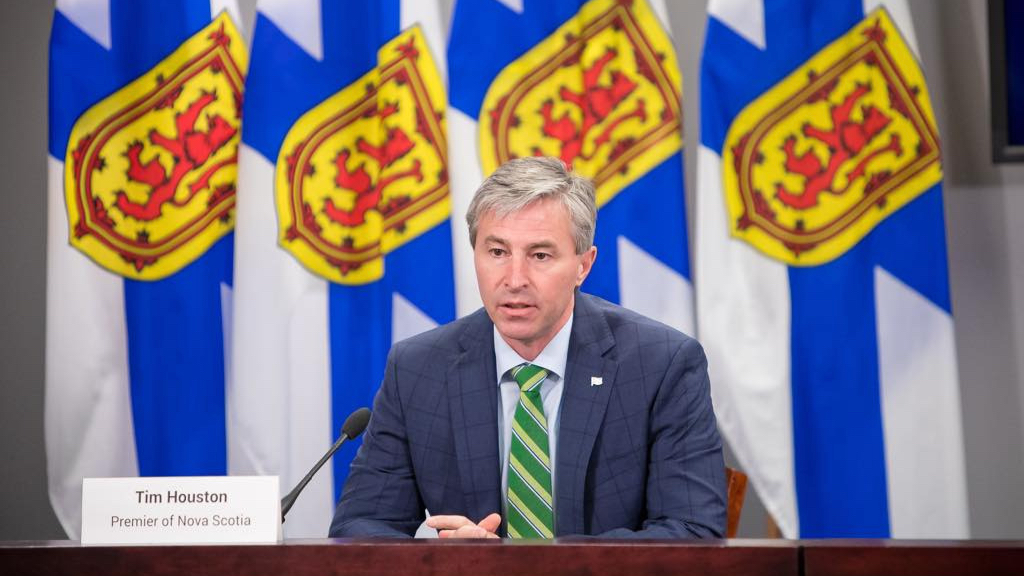Nova Scotia offered $154M in new health-care funding from Ottawa for 2023 budget
Premier Tim Houston says he wants more but he'll 'work with what we have'

caption
Nova Scotia Premier Tim Houston, shown in this file photo, was ‘very pleased’ with the health-care structure presented by the federal government on Tuesday.The federal government’s new health-care proposal offers Nova Scotia $154 million for this spring’s budget, according to Premier Tim Houston — but nothing’s signed yet.
“I want more for Nova Scotia, but we’ll work with what we have,” said Houston in an online media conference on Tuesday.
Prime Minister Justin Trudeau proposed a $196.1-billion health-care plan for provinces and territories over the next 10 years at a meeting with the premiers on Tuesday. The deal includes $46 billion in new spending and an immediate, unconditional two-billion-dollar top-up to the Canada Health Transfer (CHT).
The CHT provides long-term funding to provinces and territories for health care that supports the principles of the Canada Health Act.
However, the initial boost falls short of the $28-billion injection the premiers pushed for. They were looking for an increase in the federal share of health-care costs from 22 to 35 per cent this year.
“To say the least, I think we were a little disappointed at that,” said Manitoba premier Heather Stefanson, the chair of the premiers’ council, after the meeting. She described the baseline funding injection as “significantly less” than what the premiers wanted.
The plan offers Nova Scotia a $52 million one-time “top-up” to this year’s CHT, followed by $102 million in bilateral agreements for the coming years, according to Houston.
But as the province’s ongoing health-care crisis surges, Houston said, “that money will be absorbed very quickly with the cost of health care.”
The federal government recognizes that money alone cannot fix Canada’s health-care system, said Trudeau.
“Each province and territory is facing different challenges,” Trudeau said in a press conference after the meeting. “That’s why we’re focused on negotiating 13 distinct bilateral agreements that will respond to various situations across the country.”
Houston said he had “no concerns” with the structure of Nova Scotia’s bilateral agreements, which focus on access to primary care.
Although Houston welcomes any new money, he said the CHT’s traditional per capita funding model poses a disadvantage to the province.
“It’s harmful to Nova Scotia,” Houston said, “because of our demographics, because we’re a smaller province.”
The new bilateral calculation includes a fixed portion that offers a “sliver” of recognition towards Nova Scotia’s circumstances, according to Houston.
As per the agreement, each premier must develop an action plan centred around four priorities: family health care; workforce and backlogs, mental health and substance use, and modernization.
Although nothing has been signed and there are more discussions to come, Houston appeared optimistic.
“There’s no shortage of need to invest in health care,” Houston said, “so I know we can certainly work with the federal government on the bilaterals.”
About the author
Chase Fitzgerald
Chase is a fourth-year journalism student from Mississauga, Ontario.
